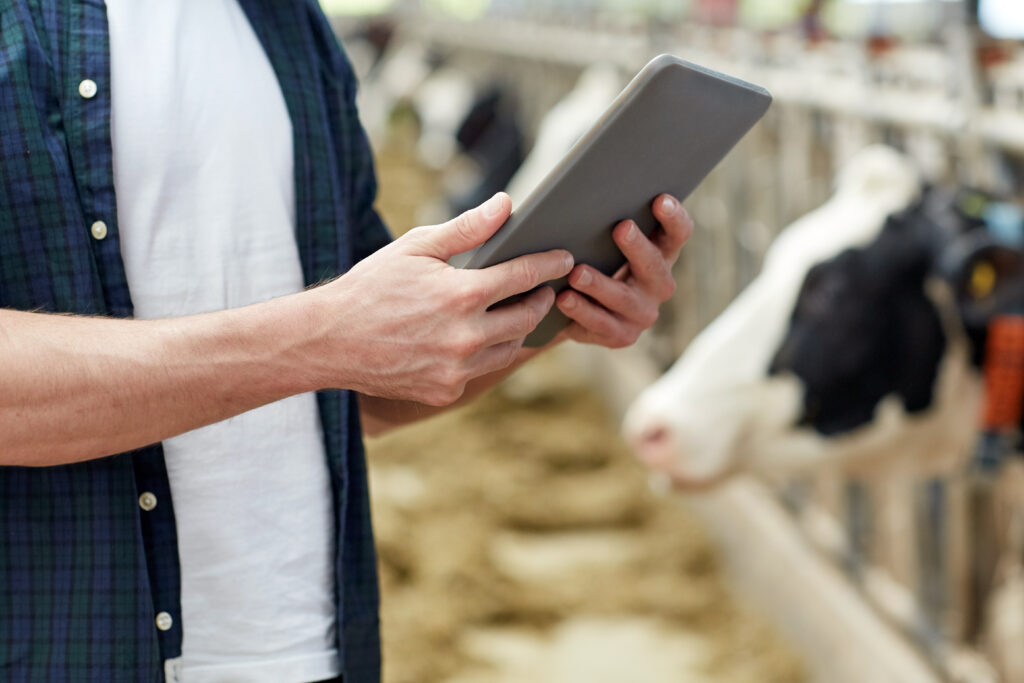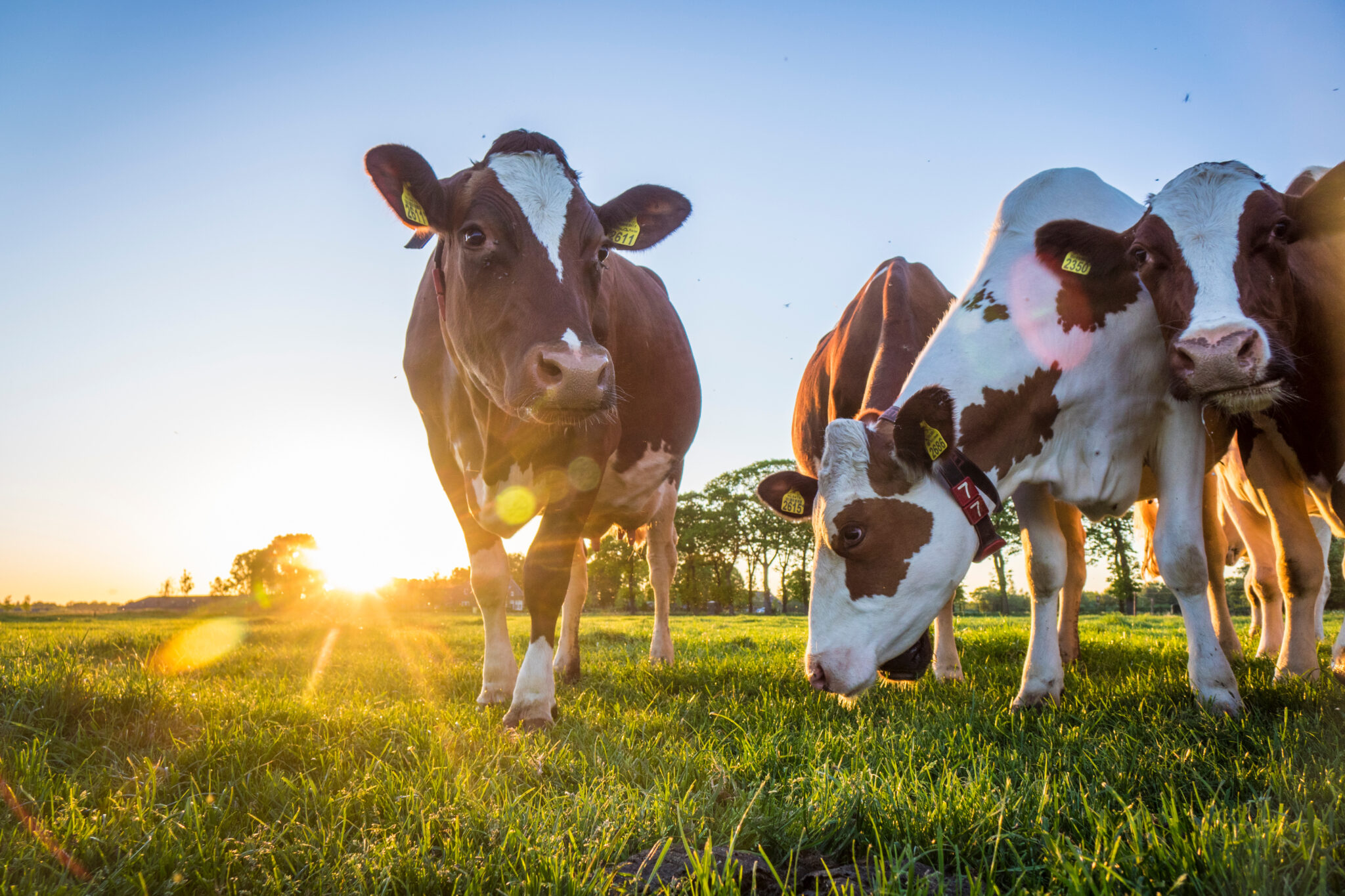Efficient and reliable water management is essential for the meat and livestock farming industry. From cattle and poultry to sheep farms, Castle Water understands the unique water needs of meat producers across the UK. Whether you’re managing water for animal hydration, sanitation, or wastewater treatment, we help reduce waste, ensure supply continuity, and improve cost-efficiency.
We provide expert advice and tailored solutions for farms raising cattle, pigs, poultry, and sheep. Our account managers understand the high water demands and strict hygiene standards of meat production.
Our water audits and data analysis help identify areas of excessive consumption. Implementing efficient livestock water systems can dramatically lower operating costs while supporting environmental targets.
We support farms across the UK with dependable water supply, including remote and rural operations. We understand that continuity of supply is critical for animal welfare and business operations.
Protect the environment and stay compliant with industry regulations. We offer livestock wastewater treatment support and services to help you manage waste responsibly and meet all legal requirements.
Water plays a vital role in every stage of meat and livestock farming – from hydration and sanitation to feed production and waste management. But with increasing pressure to cut costs and operate sustainably, improving water efficiency is more important than ever.
Castle Water works with UK livestock farms to implement practical, cost-effective improvements that reduce water consumption without disrupting operations. Whether you’re looking to modernise your systems or need expert advice on usage monitoring, we’re here to help.
From daily operations to long-term sustainability goals, water plays a vital role in the success of livestock and meat production. Castle Water offers a suite of specialist services designed to help farms optimise water use, reduce costs, and meet environmental and regulatory standards. Our expert team understands the unique demands of meat and livestock operations and provides tailored support to suit farms of all sizes.
We can advise on the benefits of Automatic Meter Reading (AMR) for livestock farms, helping you monitor water usage in real time, identify anomalies, and make informed decisions to reduce waste and improve efficiency.
Undetected leaks can waste thousands of litres and drive up costs. Our advanced detection tools help pinpoint underground and surface leaks across your farm’s water infrastructure - minimising waste and protecting your bottom line.
We analyse consumption patterns, compare against industry benchmarks, and provide actionable insights to help you reduce unnecessary usage without affecting productivity or hygiene.
Effluent, slurry, and washdown water must be handled responsibly. We provide practical guidance and solutions for storing, treating, and disposing of wastewater in compliance with environmental regulations.
Need to demonstrate progress toward environmental goals or meet audit requirements? We supply detailed reporting on your farm’s water efficiency, usage trends, and compliance with farming and environmental regulations.
From optimising irrigation systems to installing water-saving nozzles and automated controls, we offer farm-specific advice to cut water use and improve efficiency across all operations.
Livestock and meat farming operations often produce trade effluent through yard washdowns, equipment cleaning, and waste runoff. This wastewater, containing anything from animal waste to feed residues, must be carefully managed and discharged under consent to protect the environment and comply with water regulations. Failure to do so can lead to costly fines and operational disruptions.
Castle Water supports farms by providing expert guidance on trade effluent requirements. We help you understand whether consent is needed, assist with applications, and offer advice on managing discharge safely and efficiently. Our goal is to help you stay compliant, reduce environmental impact, and keep your business running smoothly.
Castle Water is a trusted supplier to livestock farms across the UK, providing tailored water services to support cattle, poultry, sheep, and mixed farming operations. With more five-star reviews than any other provider, we’re known for reliable service, transparent billing, and expert support that understands the demands of working in rural environments.
We help farms reduce costs and build long-term resilience through smart water management. From usage monitoring and efficiency advice to trade effluent compliance and system upgrades, our services are designed to meet the specific needs of meat and livestock businesses.
Water needs vary significantly by species, age, diet, and climate. On average, cattle can consume 30–50 litres of water per day, pigs around 10–15 litres, and poultry approximately 0.5 litres per bird. Access to clean, consistent drinking water is critical for animal health, weight gain, and meat quality. Installing efficient livestock water systems can help meet demand while minimising waste.
Switching to variable-speed pumps, solar-powered systems, or gravity-fed water systems can significantly reduce energy use. Combining these with automated control systems and efficient pipe layouts ensures reliable supply while lowering both electricity and water costs. Castle Water can advise on infrastructure upgrades for improved energy and water efficiency on livestock farms.
Key strategies include installing automated drinkers to prevent spillage, reusing greywater for non-potable tasks, optimising washdown procedures, and scheduling regular water usage audits. Efficient irrigation for feed crops and leak detection can also lead to major savings. Our water audits help identify these opportunities across the farm.
Smart meters, remote sensors, and automated monitoring systems are widely available to track water flow, detect leaks, and ensure water quality. These tools help livestock farms maintain animal welfare standards, avoid contamination, and optimise overall water use. Castle Water supports farms in integrating monitoring tools as part of a modern water management plan.
Consumer demand for sustainable meat is influencing how farms manage resources. Water-efficient practices and transparent reporting on water use are becoming key selling points. By adopting sustainable water management strategies, meat producers can align with market expectations and enhance their brand’s reputation.
Trade effluent includes wastewater from yard washdowns, animal waste runoff, and other non-domestic sources. If discharged into the sewer, it must be authorised by your water wholesaler. Castle Water helps livestock farms apply for trade effluent consent and manage effluent responsibly.
Absolutely. We provide advice on livestock wastewater management solutions, including effluent containment, discharge limits, and treatment systems. We’ll help you stay compliant and reduce environmental risk.

Speak to our team of agricultural water experts and discover how we can help reduce your water bills and improve sustainability on your meat and livestock farm.


